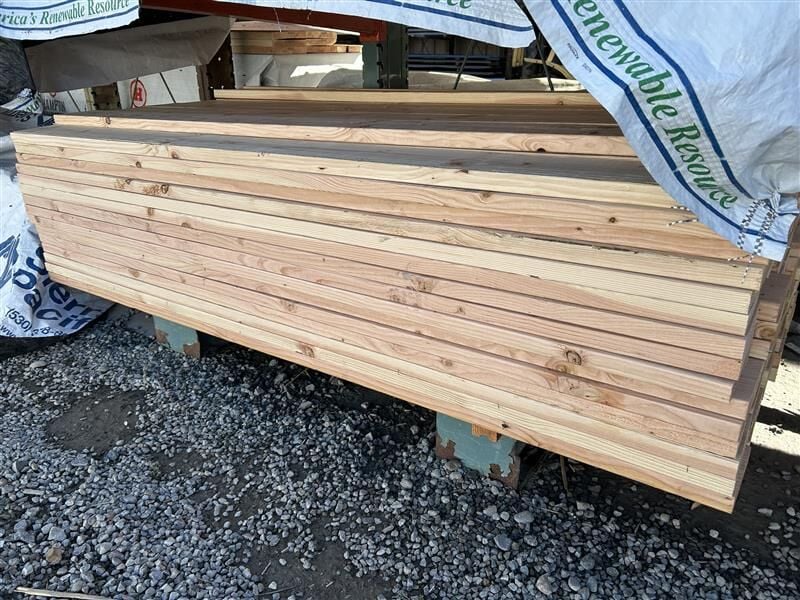SPOKANE VALLEY, Wash. — Local lumber manufacturers are optimistic that a new 10% tariff on Canadian lumber will help stabilize prices and revive domestic production.
The tariff, implemented by the Trump administration, targets softwood lumber made from pine, fir and spruce trees. Washington state imported more than $600 million in lumber from Canada in 2023.
The U.S. Lumber Coalition says Canada has been flooding the American market with lumber, making it difficult for domestic companies to compete.
“It’s supply and demand that actually dictates the prices of lumber. Canada saturated the market which is why lumber prices went down even though duties went up,” said Zoltan van Heyningen, executive director of the U.S. Lumber Coalition.
Local building supply companies are expressing cautious optimism about the tariff’s potential impact on the regional economy.
“In the short term, cheap lumber is great. But we need to look at it long-term. If US mills all shut down, then we’re going to have to ship our lumber to Canada to get it produced, and then back to the US,” said Brett Burdick, vice president at Savemore Building Supply in Spokane Valley.
Burdick said several mills have closed up and down the west cost over the last few years.
“If they go out and bid on timber against other mills and pay fair market price, then what they’re coming up against is having to sell against wood that’s being sold under that number from the Canadian government,” he said.
Burdick believes the tariff could reverse the trend of mill closures that have affected the West Coast lumber industry. He says increasing U.S. lumber production could bring manufacturing jobs back to the Northwest region.
The Trump administration said it designed the tariff to boost domestic lumber production and reduce American dependence on Canadian imports. Industry supporters argue that protecting domestic mills is essential for long-term economic stability, even if it means higher short-term costs for consumers.
The full economic impact of the tariff remains to be seen as the policy is still in its early stages.
The U.S. Lumber Coalition said that, ultimately, the U.S. doesn’t need to rely on Canadian lumber.
“Canadian companies are dumping into the U.S. market to desperately hold onto market share,” Heyningen said. “So when they say you need [Canada] to supply 21% market share, the real truth is that they simply manage to grab that much market share.”
COPYRIGHT 2025 BY KXLY. ALL RIGHTS RESERVED. THIS MATERIAL MAY NOT BE PUBLISHED, BROADCAST, REWRITTEN OR REDISTRIBUTED.

